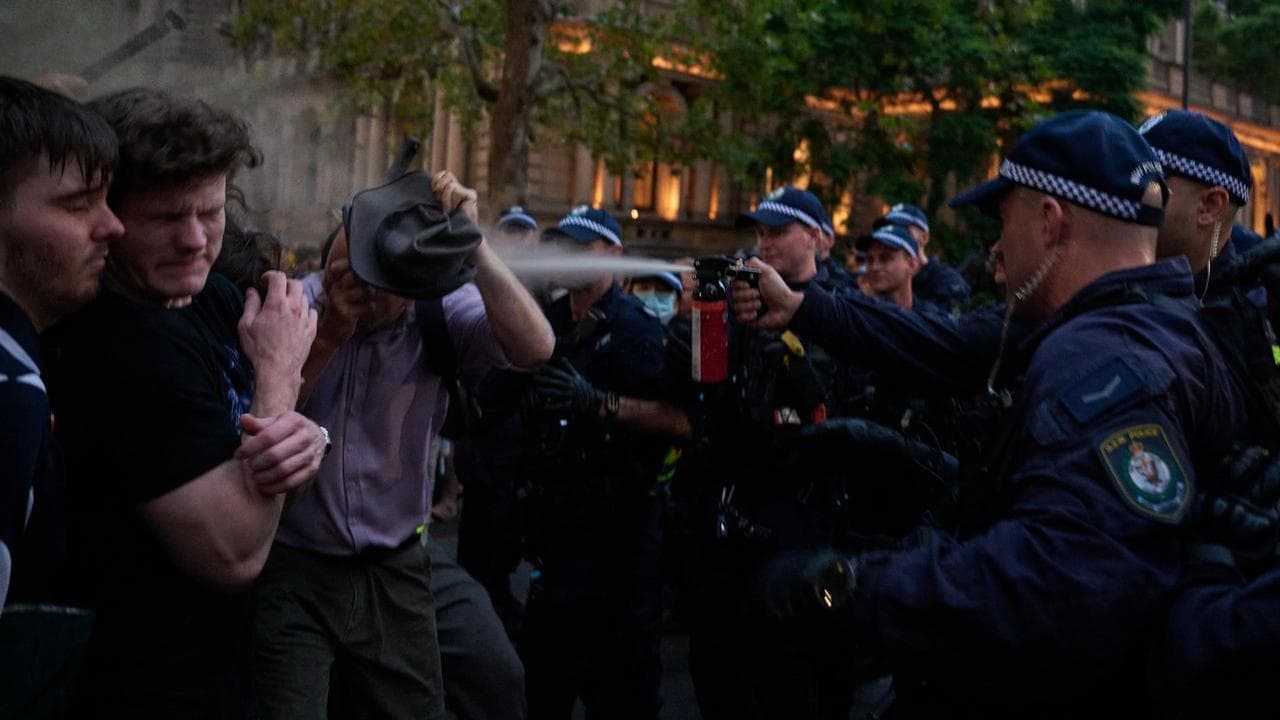WHAT WAS CLAIMED
A magistrate's order is illegal and does not need to be followed.
OUR VERDICT
False. A magistrate's order is legal, binding and enforceable.
AAP FACTCHECK - Legal experts have dismissed as "nonsense" a string of wild claims made on social media that a magistrate's order is illegal and that police can't legally enter a home without the resident's consent or a "proper judiciary order".
The claims, which first appeared in a TikTok video and echo common sovereign citizen tropes, have also spread widely on Facebook.

A key theme of the post is common law, a body of law derived from judicial decisions, or judge-made law.
Harry Hobbs, a legal expert at the University of NSW, explained that common law is one of two primary sources of law in Australia. The other is statute law, which is law passed by parliament.
The post wrongly claims that "any laws that conflict with Common Law are illegal".
Dr Hobbs told AAP FactCheck this is false: "The one key thing to remember here is that statute law prevails over common law.
"Where a law passed by parliament is inconsistent with a common law rule, the law passed by parliament is the one that we follow."
The post's second claim is that no one, not even police officers, can legally enter your home without either your consent or a judicial order.

David Heilpern, dean of law at Southern Cross University, said while there was some truth to the statement, there are various provisions at common law and by statute whereby police can enter.
"If a house is burning down, for example, they can enter to save a person from death," he said. "If they are chasing a criminal, they can enter the house. Or if they think there is a serious crime being committed."
The post also claims no council or government department "can authorise one person to make a rule over another".
Professor Heilpern said this is also wrong as councils and government departments have been delegated power by parliament to do so.
"To use a fairly banal example, councils can make parking rules and enforce them," he said.
"A more serious example is to inspect and make orders with respect to illegal building works. The author is incorrect."
The author of the post goes on to claim that an order from a magistrate is illegal, stating "because it is a violation of common law and comes under Slavery in the Criminal Code Act 1995 Sect 268.10".
The cited section (located in Volume 2) does not mention magistrate orders or common law, but relates to the ownership or trafficking of people, which is illegal.

Dr Hobbs said the claim about slavery is nonsense, and that orders made by a judge or magistrate are legally binding and enforceable.
"It would not make much sense to have a court system if the judgment issued by a court was not legally binding," he said.
He said section 268.10 of the Criminal Code 1995 makes the crime against humanity of enslavement a criminal offence liable to 25 years' imprisonment.
"Clearly a judgment delivered by a magistrate has nothing to do with enslaving a person.
"One could ask why anyone would choose to be a magistrate if the decisions they made could be ignored, and left them liable for 25 years' imprisonment."
Prof Heilpern said a magistrate's order is just as enforceable as one by a Supreme Court judge and must be complied with in the same way.
"To disobey a court order is an offence," he said.
"A common example is an Apprehended Domestic Violence Order. And it does not matter that it is an order of a single magistrate."
AAP FactCheck is an accredited member of the International Fact-Checking Network. To keep up with our latest fact checks, follow us on Facebook, Instagram, Threads, X, BlueSky, TikTok and YouTube.












